

Blockchain is an innovative, decentralized technology that underpins cryptocurrencies like Bitcoin and Ethereum, but its applications extend far beyond digital currencies. Essentially, a blockchain is a distributed ledger technology (DLT) that records transactions or any form of data in a secure, transparent, and immutable manner across a network of computers. This technology has the potential to revolutionize industries ranging from finance and supply chain management to healthcare and voting systems.
For BTech students, understanding blockchain is not only important for fields related to cryptocurrency but also for various other applications where trust, transparency, and security are critical. As this technology continues to evolve, it will play a pivotal role in shaping the future of digital systems.
Decentralization : Traditional systems (like banks or government agencies) rely on a central authority to validate and verify transactions. In contrast, blockchain eliminates the need for a central authority by distributing the control across a network of nodes (computers). This decentralized approach ensures no single entity controls the system.
Blocks: A block is a fundamental unit of a blockchain
Each block contains
A list of transactions: These could be anything from cryptocurrency transactions to records of contracts or data.
A timestamp: The time when the block is added to the blockchain.
A cryptographic hash: A unique identifier for the block, which is generated from the block’s content.
Previous block’s hash: This creates a link between blocks, ensuring that blocks are chronologically ordered and tamper-evident.
Distributed Ledger:: A distributed ledger refers to a database that is spread across multiple locations or participants. Each participant (or node) in the blockchain network stores a copy of the entire ledger (or blockchain). This structure makes the system resilient to failure since it does not rely on a central server. If one node fails, the others can still function and maintain the integrity of the system.




